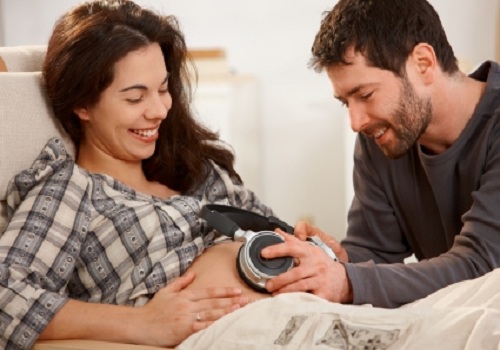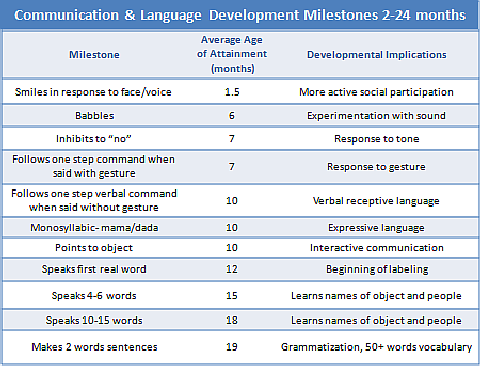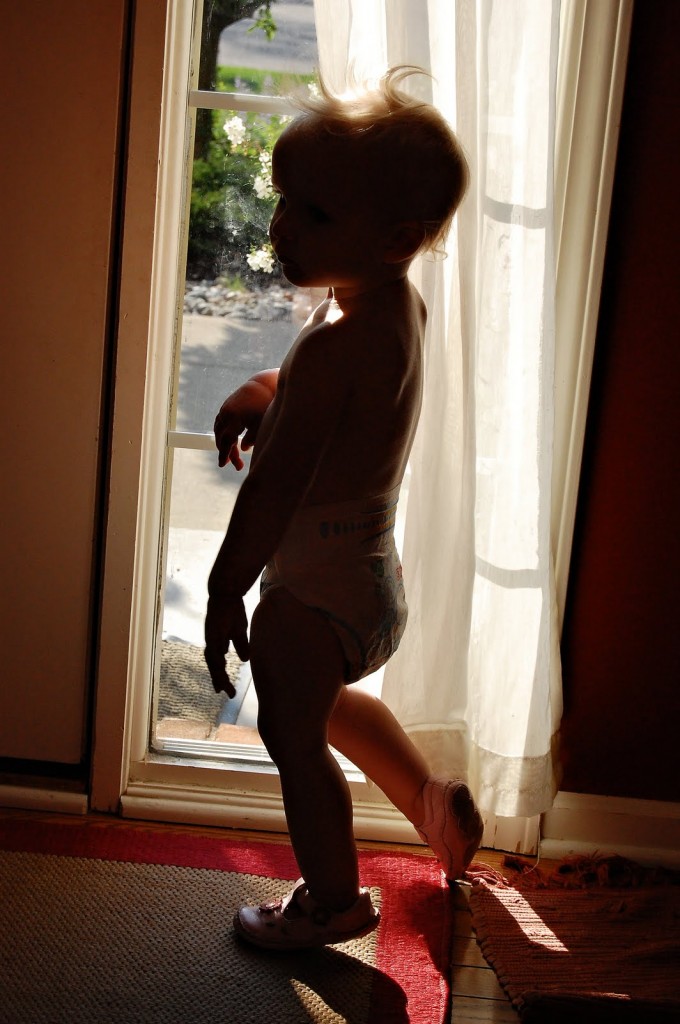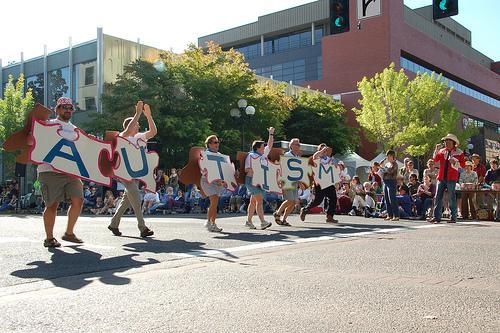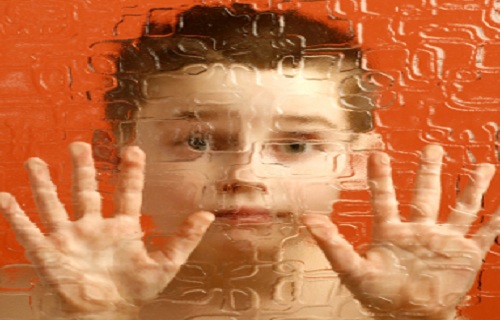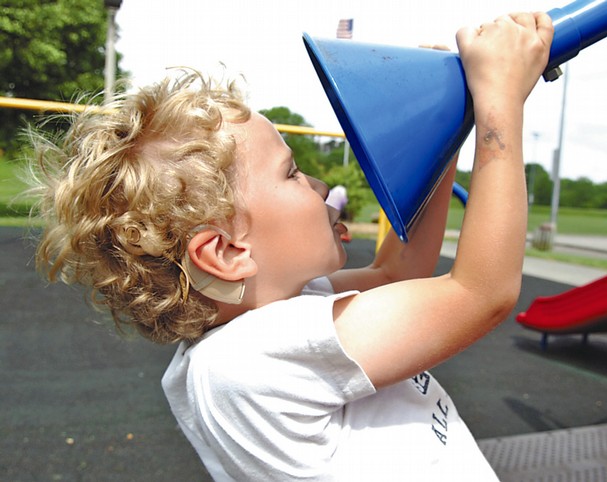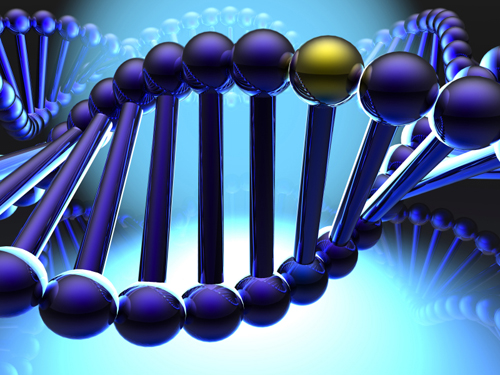Whether you’ve previously been pregnant or this is your first time, you’re probably going to great lengths to ensure pregnancy health. But are you taking care of your emotional and mental health? The physical well-being of the fetus is closely tied to your pregnancy health. But now, a recent study has linked maternal mental health to the child’s language acquisition. Researchers have found that depression during pregnancy can negatively impact a baby’s early language development.
Language Development Relies on Conversation & Reading with Kids
NewsThe importance of reading with kids is undeniable, but what about conversing with them? Picture this: You come home from your banking job and begin talking with your child about the problems with PPI mis-selling and how banks are supposed to be paying out, but are instead rejecting claims that are later approved by the FOS in droves. The only problem? Your youngster is just 3 months old and instead of responding with a few lines about the Ombudsman’s FOS complaint time limits, he’s just thrown Cheerios at you. Despite the fact that your 3-month-old infant is currently incapable of grasping the intricacies of loan insurance scandals, speaking with him and giving him the opportunity to respond well may offer key benefits for his speech and language development, according to a study from researchers at UCLA. But do try to stick to conversations that he can participate in.
The Secret to Giving Your Child the Best Preschool Education
News
Parents will always worry about the effects of peer pressure on their children. For example, can you remember a time when you dated someone who ate more than you did, and you ended up inadvertently overindulging? Researchers studying the relationship between eating habits and peer pressure have actually found that when you’re in a group, you subconsciously change your eating habits to match those of others in the group. Now, research has also shown that a similar effect applies to preschool education. Apparently, dieting and special education have more in common than you might think.
Speech-language pathologists (SLPs) have long known that a language-rich home lends itself to speech and language development in young children. This is why they urge parents to maintain a steady flow of conversation around babies, even before the youngsters begin to babble and say their first words. Now, two separate studies support the idea that a child’s preschool education is critical to his language development. More specifically, the other preschoolers around the child can have an impact on that child’s progress.
Can Cord Blood Cure Autism?
NewsWhen your child was born, you may have counted his fingers and toes and checked him for other signs of health. But not all medical conditions are immediately obvious judging by physical appearance alone. If your child struggles with social interactions and communication, it is possible that he has autism spectrum disorder (ASD), a developmental disorder. Researchers have long sought to cure autism, but to date, there is no magic bullet. Now, the Sutter Neuroscience Institute in Sacramento, CA, in collaboration with the Cord Blood Registry, has announced an FDA-regulated clinical trial to evaluate a new way to treat or cure autism.
Charities for Autistic Children: Night of Too Many Stars
NewsCelebrities often seem to have the perfect lives (unless, of course, we’re talking about Lindsay Lohan back in court for the umpteenth time). They stalk the red carpet wearing gorgeous clothes, have endorsement deals showered upon them, and take off for luxurious vacations at the drop of a hat. Of course, much of that is careful image branding through skillful market research. But not all celebs are self-centered; many of them also have philanthropic aspirations. Recently, a whole lot of stars supported a charity effort to benefit autistic children. Comedy Central put the charity event together. Hosted by Jon Stewart, the event aired on October 21, 2012. This year’s Night of Too Many Stars raised a grand total of at least $3,718,613 (donations are still being accepted via their website).
Autism Awareness Gets a Boost from Global Autism Project
News
While autism awareness has grown tremendously in the U.S. in recent years, the same does not always hold true for other countries. Autism does not respect borders; it is a global issue that affects millions of people worldwide. One estimate suggests that 67 million people worldwide are affected by autism spectrum disorder (ASD).
And unfortunately, in some developing countries, people with autism are not well understood. They are subjected to social stigma, and relatives often keep them hidden away in dark rooms. Children with autism are often believed to be possessed by evil spirits because of the sins of the parents. Even worse, many doctors in countries such as Ethiopia have never even heard of ASD. If a child does have the luck to receive an official diagnosis, he might have to travel hundreds or even thousands of miles before reaching the nearest clinic that is capable of treating autism.
Breakthrough Research in Early Autism Detection
NewsAbout one in every 150 American children is diagnosed with autism, according to WebMD. Chances are, you know someone who has an autism spectrum disorder (ASD) or someone who is affected by it. Autism awareness grows every year, with advocacy groups and benefit walks springing up regularly across the nation. But we still don’t really understand a whole lot about it. We don’t know the cause, although numerous factors are suspected to contribute to it. And there is no cure for it, either.
Autism can result in many different symptoms – from behavioral problems to sensory defensiveness to social difficulties. Children with ASD also tend to display speech and language issues. Some of them are nonverbal and prefer to communicate with gestures. Although there is no cure for autism, researchers do know that early intervention is critical. Children who receive speech therapy and other treatments tend to respond better when the treatment begins as early as possible. Unfortunately, most cases of autism aren’t diagnosed until symptoms are evident around the time the child is 2-3 years old. This is why the research from Georgia Tech’s Center for Behavior Imaging is so exciting. Researchers have been working on technologies that would allow for earlier detection of ASD, and subsequently, earlier treatment.
Tracking Eye Movement
Children with ASD typically display a reluctance to make or maintain eye contact with other people. Previously, researchers had the labor-intensive task of sorting through countless video frames to measure the eye contact of an autistic child. The researchers at Georgia Tech have developed a special pair of eyeglasses that can do the same thing automatically.
The eyeglasses are worn by an adult, who then interacts with the child. The eyeglasses are equipped with a front-facing camera that records video. The video is then analyzed by facial-recognition software that detects the direction of the child’s gaze. An experiment with the glasses demonstrated an accuracy of 80%.
Accelerometers for Behavior Detection
The researchers at Georgia Tech also developed technology to track behavioral patterns that can be indicative of autism. This technology is a wearable device that uses accelerometers to track and categorize behaviors. The sensors are worn on the wrists and ankles in order to measure movement. For example, the device tracks when a child throws an object.
Four staff members tested the device by performing 1,200 different behaviors (presumably, that included throwing things around). Not only did the staff members have a really interesting day at work, they were able to determine that the device detected problem behaviors with 95% accuracy and classified all behaviors with 80% accuracy. The researchers then placed the device on a child diagnosed with ASD. Problem behaviors were detected with 81% accuracy and classified with 70% accuracy.
So what does all that research mean for your child? The technology is still new; don’t expect it in your local clinic any time soon. But it is certainly promising that autism diagnostics are going high-tech. The earlier a child can get help, the more effective the treatment is likely to be. This holds true for other speech disorders, as well. If your child has problems with articulation or other communication issues, have him evaluated by a speech-language pathologist. If he does need help, the SLP can also recommend speech therapy activities to do at home with your child, such as using Speech Buddies to improve articulation.

Language Development Affected by Anesthesia?
NewsParents like to imagine what their child might grow up to be like, even while they’re still filling out their wedding invitations or decorating the nursery. With a little bit of luck, your child will grow into a healthy, happy adult without ever needing heavy-duty medical treatment for a serious issue. But life doesn’t always work out that way, and sometimes young kids have to undergo surgery. Surgery often requires anesthesia so that the child sleeps during the procedure without feeling any pain. There have always been risks and complications associated with anesthesia, such as stroke, lung infections, mental confusion, and heart attack. Fortunately, those complications are quite rare. And when compared to the potential consequences of not having the surgery, the choice is often a no-brainer. But recent evidence raises a new question: could anesthesia affect speech and language development?
Study Shows Timing is Critical for Cochlear Implants
NewsA cochlear implant is a device that bypasses damaged hair cells in the inner ear to stimulate the auditory nerve. This allows a Deaf person to perceive sound. It is not a cure for hearing loss. While a person can receive a cochlear implant at any age, experts have long agreed that if a parent decides to have a child undergo the surgery, the sooner the better. Researchers from the University of Michigan Health System (UMHS) have also found that children who undergo the surgery sooner rather than later demonstrate the most positive benefits.
Scientists Identify Possible Autism Gene Mutations
NewsFew medical diagnoses are subject to as much debate as autism. The controversy over whether or not vaccines might cause autism still rages on with all the ferocity of a wildfire. One debate over autism might finally be put to rest: whether or not there is a genetic link that causes the condition. A group of independent scientists from the Yale University School of Medicine and other institutions have identified several gene mutations that drastically increase the risk of autism. However, this research is still in its infancy and it should not be considered a smoking gun. More studies are needed.


